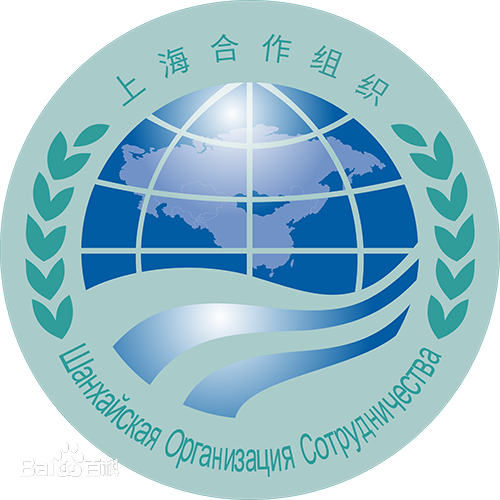
II. Aims and Principles
According to the Charter of the Shanghai Cooperation Organization, and the Declaration on the Establishment of the Shanghai Cooperation Organization, the SCO's main goals are as follows: strengthening mutual trust and good neighborliness among the member states; promoting their effective cooperation in politics, economy and trade, science and technology, culture, education, energy, transport, environmental protection, and other areas; making concerted efforts to maintain and ensure peace, security and stability in the region; and moving towards the establishment of a democratic, fair and reasonable new international political and economic order.
The SCO follows the following basic principles: adhering to the purposes and principles of the UN Charter; respecting each other's independence, sovereignty and territorial integrity, non-interference in internal affairs, no using or threatening to use armed forces; equality among all the member states; seeking to resolve all issues through consultation; non-alignment, non-targeting at any other countries or organizations; opening up to the world, and willing to carry out all forms of dialogue, exchange and cooperation with other countries, and related international and regional organizations.
The SCO actively advocates and practices the new security concept with mutual trust and security in disarmament and cooperation, new national relations with partnership and non-alignment at the core, and the new regional cooperation model featuring jointly initiated and mutually beneficial coordination of bigger and smaller countries. Throughout the SCO's development, the Shanghai Spirit is gradually formed, including mutual trust, mutual benefits, equality, coordination, respect for diversity of civilizations and pursuit of common development.
